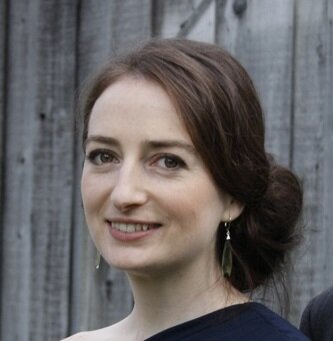The prize winners of ALERT’s Power of 50 Hackathon.
Last Sunday I enjoyed the unique experience of being one of the judges in the ALERT Power of 50 Hackathon. ALERT stands for Affordable & Low-Income Environmental Renewal in Toronto – a project supported by the Greater Toronto CivicAction Alliance and run by Ramtin Attar and Jessie Ma. In fact, Attar and Ma used the prize money they had won in CivicAction’s earlier Emerging Leaders contest to provide the prizes for the Hackathon.
For this contest, teams were assigned to craft approaches that would support energy efficiency in residential towers. It was a tall order given that the participants had only 36 hours to devise a plan. Seven teams pitched us their best ideas, which were refined with help from a team of knowledgeable industry specialists. The top three ideas were awarded cash prizes.
Participation was entirely voluntary and teams were made up of people with backgrounds in business, engineering, and digital design. Teams could address various challenge components, such as the need to measure and record energy use, the best way to communicate energy use benchmarking, and how to reward reductions in energy consumption. Two of the winning teams outlined how to communicate individual building energy data and benchmarking information in a more engaging way. The third winning team focused on how to encourage tenants to use less energy in their living space.
I was struck by how successful the teams were in zeroing in on some of the fundamental challenges we face at TAF every day, such as the need for good data and accurate local case studies, the timely delivery of information, and the roles of the tenant – despite having little or no previous knowledge of the challenges associated with driving energy efficiency activity in large buildings.
But as co-judge Rob Detta Colli mentioned during his presentation of the prizes, “Everything that can be invented has been invented.” With just 36 hours to tease out the complexities of this issue, many of the participants’ ideas were similar to ones we commonly see in the sector.
But I’m not sure that this really matters. In the end, this contest has done a fine job of getting the wheels turning in two dozen great minds, building awareness of the importance and complexity of energy efficiency on a large scale – and that is a solid investment.







